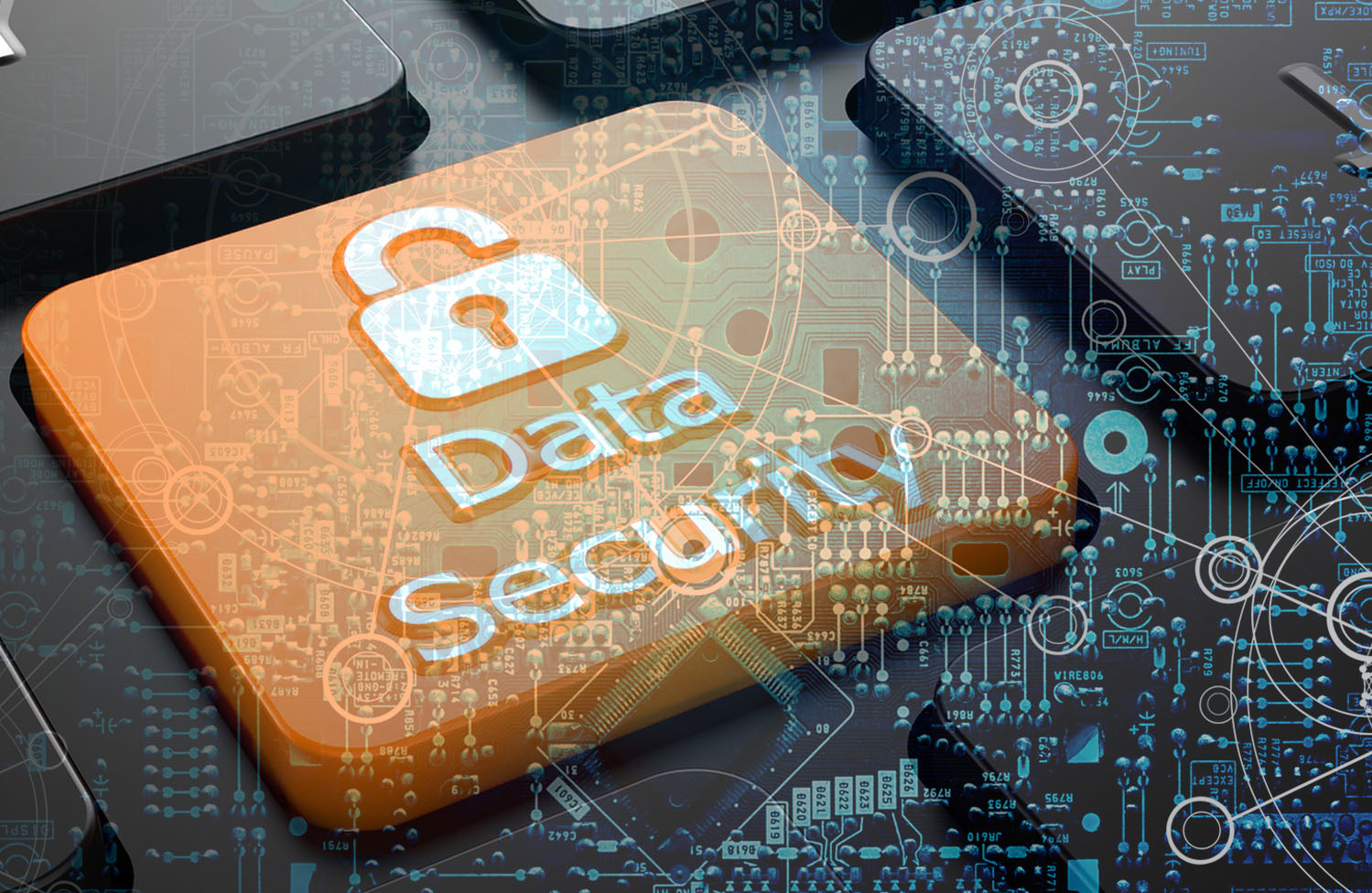While it seems as if it cannot be possible that 2018 will come to an end in a week, the past year has taught us quite a bit about the world in which we reside. Whether from natural disasters or several individuals who passed under the radar and obtained firearms, 2018 was a year of loss, destruction, concern for one’s safety. In full recognition of the atrocities that plagued our world this past year, perhaps the most interesting, if that can even be a term used in this instance, was the evolution of a fear we thought we’d become all too familiar with; the security of our personal information. As major advancements in technology have led to more efficient means for storing personal data (banking information, birth date, photos, social security numbers), we, humans, placed our full trust in these systems with the hope that our information was secured in an iron-clad safe amidst the outreaches of the internet. Sadly, as we witnessed on multiple occasions this past year, our trust was vastly misplaced, and our data none the wiser.
When word got out that Facebook (FB) had inadvertently allowed Cambridge Analytica to harvest data from millions of the social platform’s user and ship off all those secrets to Russia, ultimately leading to Russian involvement in the US 2016 presidential election, people began to question whether, or not, storing information online was a safe choice to be made. Since then, Facebook (FB) has been stuck in the media doghouse. To be fair, when you, as the largest social media platform in the known universe, partner up with a consulting firm who lied about their intentions to perform psychological research on 270,000 individuals, but ended up selling user data from 50 million profiles to help the Republican Party take the 2016 election, it’s only fair that you receive a bit of bad press.
Facebook (FB), while guilty in their own right, is not the only company to drive us crazy and quadruple-check all the locks of our doors at night. Earlier this year, after a successful 24-month rollout of its “Informed Delivery” service, the United States Postal Service (USPS) announced that an authentication weakness in the service’s API resulted in the information of 60 million consumers being exposed. The specific malfunctioning API was called “Informed Visibility,” which was designed to let businesses, advertisers, and others “make better business decisions by providing them with access to near-real-time tracking data” for mail campaigns.”If it wasn’t the USPS, it was Marriott International (MAR), whose Starwood reservations database was breached at the tail-end of November, resulting in the exposure of data from 500 million guest accounts.
Running in tandem with our data concerns has been the ongoing trade war between the United States and China. The conflict, which has been largely fueled by President Donald Trump’s pure disdain with the notion that any other country in the world might test America’s predominance, has resulted in heightened global sensitivity to anything remotely suspicious regarding Chinese business practices. In early October, Bloomberg Business reported that Chinese hackers had implanted microchips, designed to virtually undetectable, into the data centers of over thirty US tech companies. The hackers implanted their microchips into “servers used by numerous data centers of such U.S. corporate giants like Apple (AAPL) and Amazon (AMZN), as well as banking institutions, hedge funds, and government contractors.
Matters only got worse when U.S. authorities accused a Chinese state-owned company with colluding to steal industry secrets from the U.S. largest memory-chip maker, Micron Technology Inc (MU), according to an indictment last November. The U.S. Justice Department filed indictment charges against two companies in China and Taiwan, and three separate individuals, Reuters reported.
The two tech companies in question, United Microelectronics Corp and Fujian Jinhua Integrated Circuit, Co., Ltd represent the fourth legal action taken by the Justice Department in terms of suspected Chinese espionage. Micron, the Idaho-based semiconductor company is currently worth around $100 billion and, according to market analysts, has a “20-25% share of the dynamic random access memory industry.”
In more recent news, the US Justice Department charged two Chinese nationals, last week, with partaking in a global hacking scheme to steal business secrets as part of a campaign initiated by the Chinese government, according to CNN.
The official indictment from the Justice Department states that:
“from at least in or about 2006 up to and including in or about 23018, members of the APT10 Group, including the two defendants, conducted extensive campaigns of global intrusions into computer systems. The defendants worked for Huaying Science and Technology Development Company…and acted in association with the Chinese Ministry of State Security’s Tianjin State Security Bureau.”
-United States District Court of Southern New York
Although no companies were named in the Justice Department’s indictment, the filing mentioned that the hackers targeted and stole massive amounts of sensitive data in aviation, space and satellite technology, manufacturing, pharmaceutical and oil, and gas exploration, as well as from communications and computer processor firms and maritime technology companies, according to information gathered by TechCrunch.
US Deputy General Rod Rosenstein told several media outlets that the hackers successfully hijacked information from more than 45 different US companies, at the behest of China’s state security service. Rosenstein continued to explain the US indictment of the two Chinese nationals held responsible for the attack was supported by eleven other nations including Brazil, Canada, France, Sweden, and Japan. At a press conference regarding the matter, Rosenstein whined a bit, and told the press core that “this is outright cheating and theft, and it gives China an unfair advantage at the expense of law-abiding businesses and countries that follow the international rules…”
Suffice to say that 2018 has given consumers and stakeholders in the tech industry more than enough reasons to question the safety of storing personal data online. After countless data breaches and cyber attacks indicating potential threats to national security, the global community will undoubtedly be hyper-vigilant about where/how they share data as we head into the new year.





